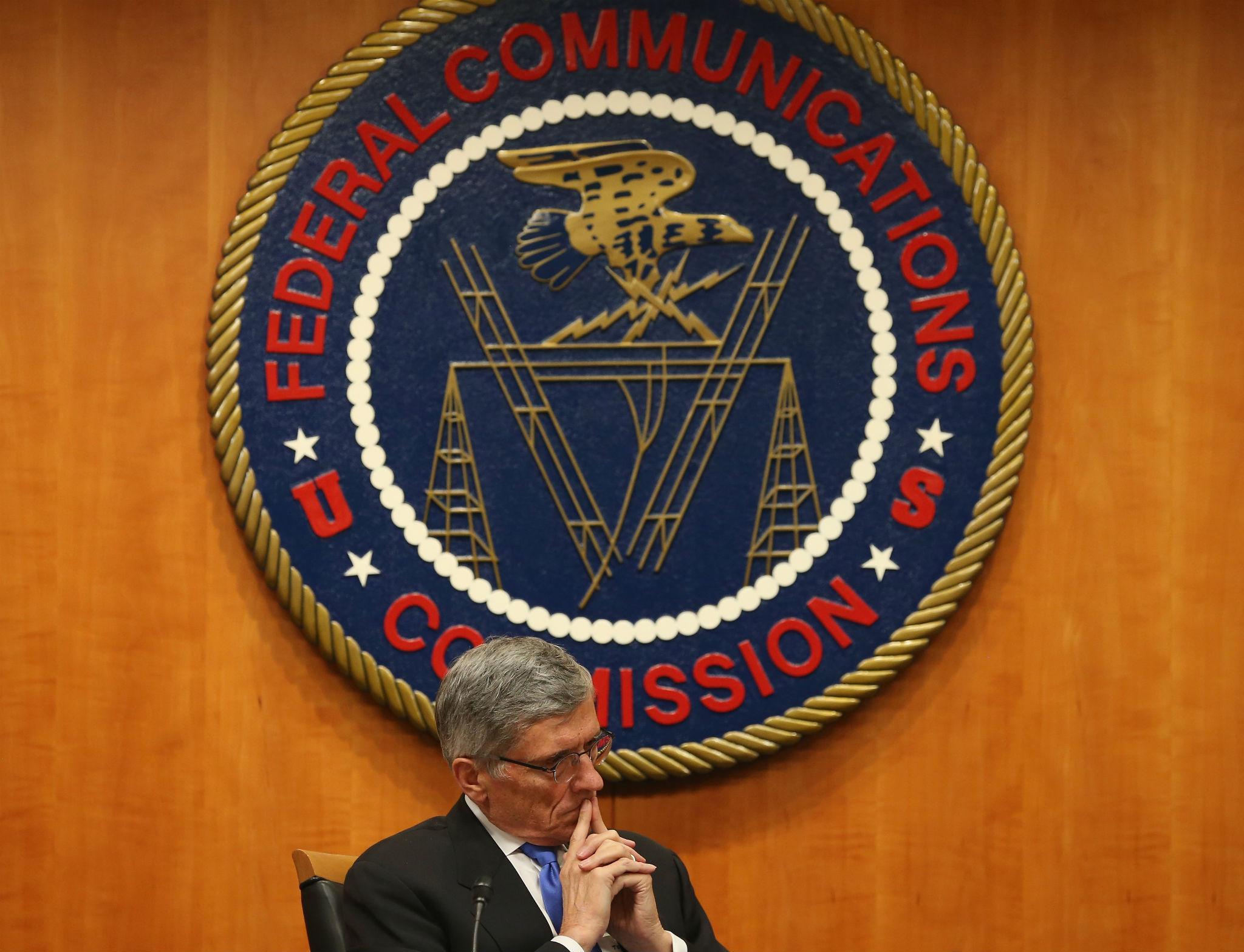Net neutrality: Federal appeals court deals a blow to telecoms companies
The ruling reaffirms FCC regulations compelling Internet providers to treat all web traffic equally

A US federal appeals court has backed the principle of net neutrality, upholding the so-called Open Internet Rules enforced by the Federal Communications Commission (FCC).
The two-to-one decision, made on Tuesday by a three-judge panel from the US Court of Appeals for the DC Circuit, reaffirms FCC regulations mandating that cable and telecoms companies treat all Internet traffic equally, neither blocking their rivals nor selectively speeding up service to sites that pay for the privilege of preferential treatment.
The case against the regulations was brought by a collection of telecoms firms and their trade associations, including AT&T and Verizon, who claimed the FCC had overstepped its authority by classifying broadband Internet as an essential public utility that ought to be equally accessible to all Americans – similar to landline telephone service, electricity or water.
The Open Internet rules, which deny Internet Service Providers the opportunity to create a two-speed internet, were backed by President Barack Obama and passed by the Commission in February 2015. Telecoms companies said the measures would damage their business; their opponents said the alternative would stifle competition and innovation.
The FCC received a record number of public comments – some 4 million – as it considered the issue. The Commission’s Chairman, Tom Wheeler, said the ruling was “a victory for consumers and innovators who deserve unfettered access to the entire web, and it ensures the Internet remains a platform for unparalleled innovation, free expression and economic growth.”
Telecoms providers said they would continue to challenge the FCC’s net neutrality rules – all the way to the US Supreme Court. David McAtee, a lawyer for AT&T, said in a statement: “We have always expected this issue to be decided by the Supreme Court, and we look forward to participating in that appeal.”
Join our commenting forum
Join thought-provoking conversations, follow other Independent readers and see their replies
Comments
Bookmark popover
Removed from bookmarks